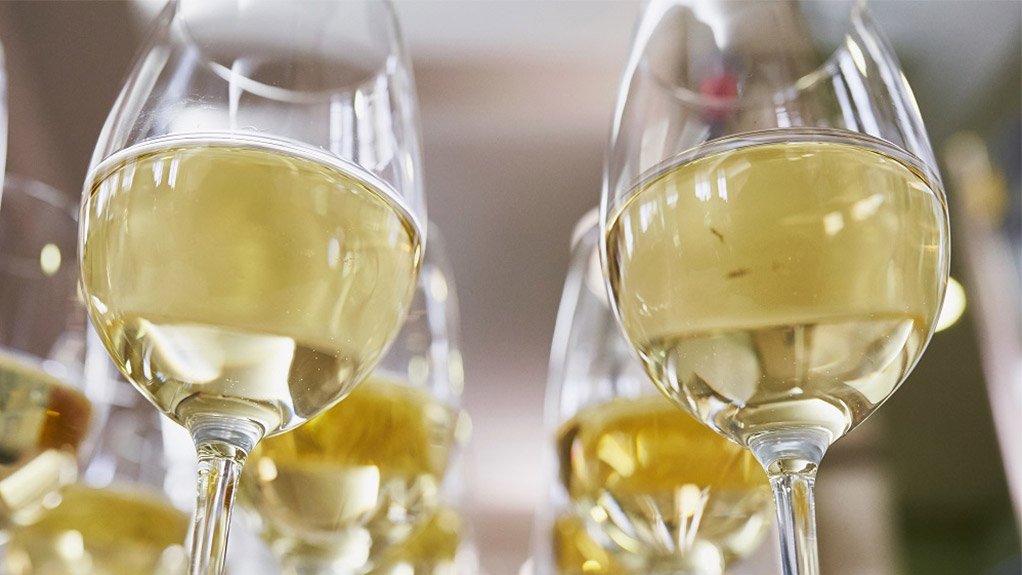Industry body Vinpro has approached the Cape High Court in an effort to secure urgent interim relief for the wine industry amid the third ban on alcohol sales in the last ten months.
The organisation says that, following a hearing that is set down for February 5, the court could afford permission to Western Cape Premier Alan Winde to adopt deviations to enable off- and on-site consumption sale of liquor in the province.
Vinpro represents 2 575 wine producers, sellers and industry stakeholders in South Africa, while the wine industry supports the livelihoods of almost 270 000 employees and generates R55-billion in revenue for the economy every year.
During the past year, the industry has worked tirelessly to be part of the solution when the country found itself in the grip of the Covid-19 pandemic, Vinpro states.
This included collaborating with government and proactively implementing preventive measures from farm to retail to safeguard the lives and livelihoods of the people working throughout the value chain and broader community.
Despite continuous engagement with government to curb the spread of the virus through the implementation of a risk-adjusted approach to reopening the economy, and addressing the social ills of alcohol abuse through a social compact, Vinpro says its proposals were not taken into account when the third ban was introduced on December 28 last year.
The industry body also claims that government had also not been transparent with the industry on justifying the continued ban, nor did it give any explanation or clarity on the timeline for a review of this ban.
This makes planning and contingency plans impossible, notes Vinpro.
“This proudly South African industry, which also strongly relies on tourism and hospitality, now finds itself in a dire position after a ban of 19 weeks.
“The bans have resulted in a loss of more than R8-billion in direct sales and the possible closure of cellars and producers, threatening 27 000 jobs and putting the most vulnerable in our communities in a poverty trap which will have far-reaching socioeconomic outcomes that will place an even greater strain on our healthcare system,” Vinpro states.
Additionally, with the 2021 harvest staring this week, the industry now has more than 640-million litres of stock, of which 300-million litres are uncontracted. This poses a material risk of insufficient processing and storage capacity for the new harvest and threatens the sustainability of the wine industry, the organisation points out.
"While we share government’s concern over the devastating effect of this pandemic and support meaningful measures to flatten the curve, we do not support the continued outright ban on the sale of wine while alternative interventions are available to mitigate risks,” Vinpro highlights.
Vinpro is not saying a liquor ban may not be justified when hospitals and particularly trauma units are under pressure; however, it believes that not only has the wrong level of government been dealing with the retail sale of liquor during the national state of disaster, "but government has used and maintained nationwide bans which are overbroad, unnecessary, unjustified and, indeed, counter-productive".
The industry body is advocating for a more flexible, nimble approach, based on credible empirical data, where the provincial executive should be empowered to deal with the retail sale of liquor for the rest of the pandemic.
Because provincial authorities are normally responsible for regulating the sale of liquor and in charge of healthcare and provincial hospitals, they are better equipped to manage the delicate balance between lives and livelihoods, it notes.
Although the liquor ban is intended to ensure that hospitals have the capacity to treat those who become ill, the pandemic affects provinces differently at any given point in time and capacity requirements in hospitals will therefore differ across the country, Vinpro explains.
However, government has never differentiated between provinces when it comes to implementing or lifting of the liquor ban. Instead, a nationwide ban has been imposed and then again lifted, without regard for the circumstances in individual provinces.
Vinpro says it is relieved that the numbers of new infections, active cases and hospital admissions are decreasing across the country, but particularly in the Western Cape.
In these circumstances, the liquor ban is simply no longer justified in the province, it argues.
Accordingly, to the extent that the situation does not change for the worse, and if the liquor ban is still in force in the Western Cape by February 5, the Western Cape High Court will be asked to invalidate Minister Nkosazana Dlamini-Zuma’s ban in the Western Cape with immediate effect.
Other alcohol industry stakeholders such as South African Breweries have also resorted to court action against government, as well as pulling R2.5-billion worth of investment that was intended for new infrastructure and equipment. Its parent company, AB InBev withdrew a similar amount of intended investment last year when the second alcohol band was instituted.
Glass manufacturer Consol had suspended construction of a R1.5-billion plant in Ekurhuleni, owing to reduced glass demand in recent months, while beer brewer Heineken had dropped plans in August last year to build a R6-billion brewery in KwaZulu-Natal.
EMAIL THIS ARTICLE SAVE THIS ARTICLE ARTICLE ENQUIRY
To subscribe email subscriptions@creamermedia.co.za or click here
To advertise email advertising@creamermedia.co.za or click here











